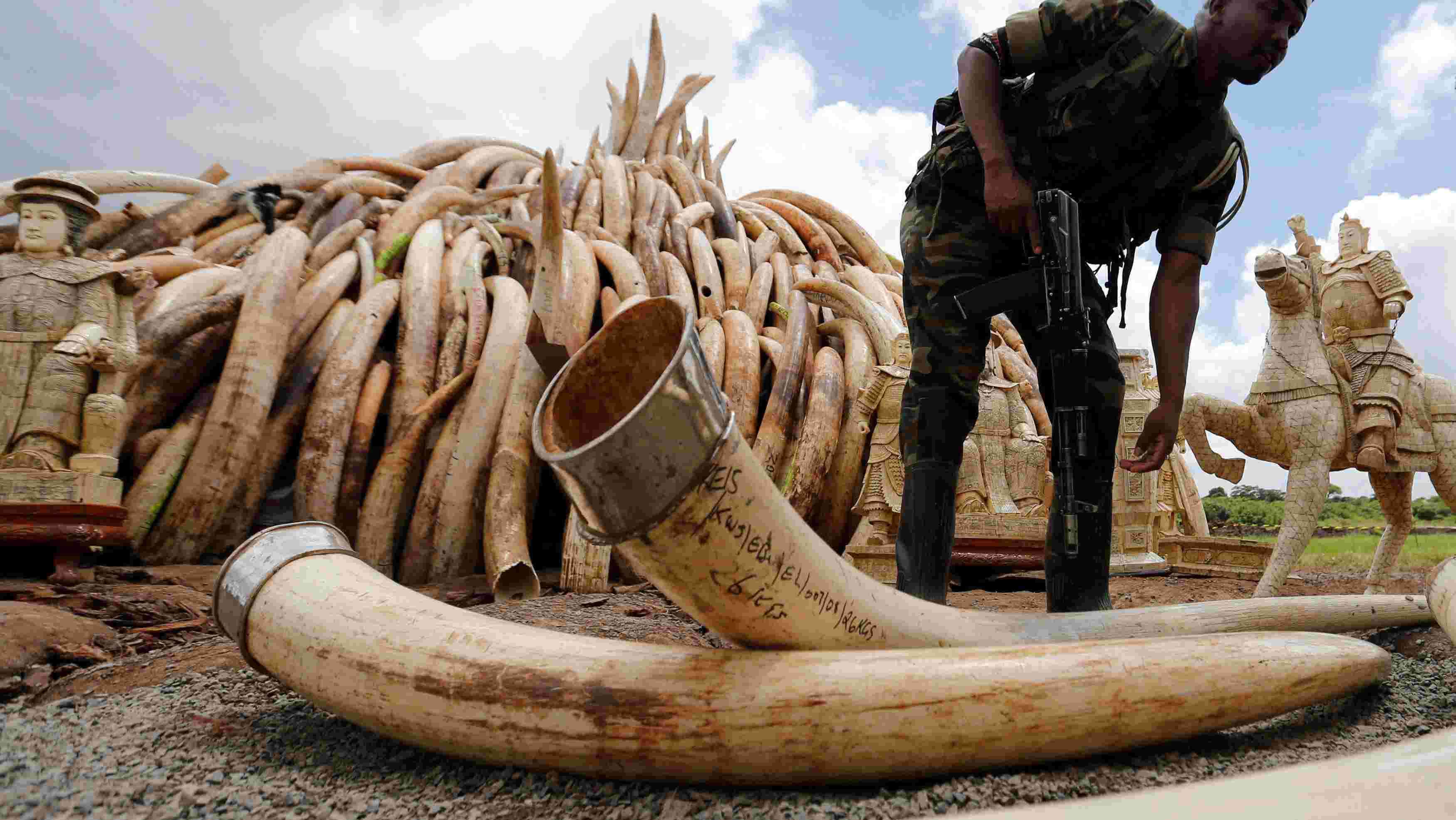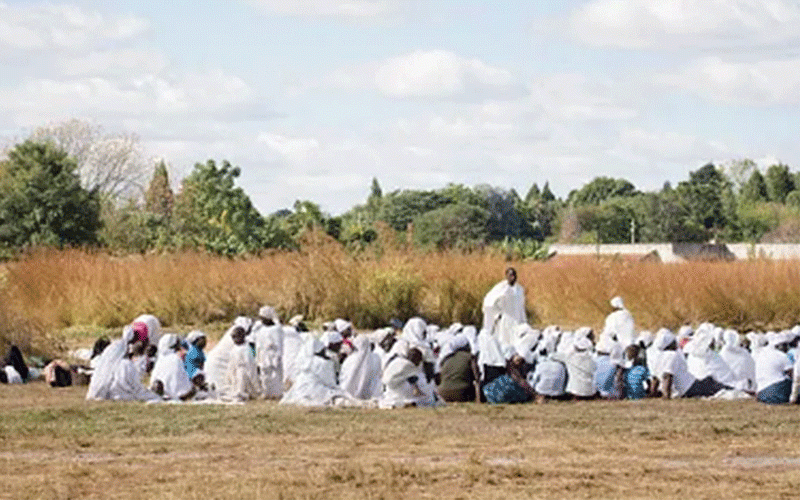
SOUTHERN Africa countries have been urged to present a united front towards the lifting of the ivory trade ban at the upcoming Convention on International Trade in Endangered Species of Wild Fauna and Flora (CITES).
The CITES meeting is set for November.
The appeal was made at the ongoing Southern African Development Community — Transfrontier Conservation Area (Sadc-TFCA) conference in Harare, where officials emphasised the need for a collective voice on the matter.
Angola, Botswana, Namibia, Zambia and Zimbabwe form the Kavango-Zambezi Transfrontier Conservation Area (KAZA TFCA), commonly referred to as the KAZA bloc.
It is home to more than 250 000 elephants out of the estimated 400 000 elephants worldwide.
Zimbabwe boasts 84 000 jumbos, which it says are more than 30 000 too many for the habitat.
The KAZA bloc countries are set to make their case at the CITES conference.
Zimbabwe, in particular, is pushing for a relaxation of the ban, citing its growing elephant population and significant stockpile of ivory.
- Mavhunga puts DeMbare into Chibuku quarterfinals
- Bulls to charge into Zimbabwe gold stocks
- Ndiraya concerned as goals dry up
- Letters: How solar power is transforming African farms
Keep Reading
“We oppose one-size-fits-all policies that disregard national wildlife conservation or management successes and local community livelihood considerations,” said Domingos Gove, director for food, agriculture and natural resources at the Sadc Secretariat.
“The region should continue to advocate at CITES for decisions that recognise its successful elephant management, using its CITES engagement strategy.”
With Zimbabwe’s elephant population growing at an unsustainable rate of 5%-8% annually, the country believes lifting the ban can generate the much-needed revenue for conservation activities.
However, the international community remains divided on the issue and a unified stance from southern Africa countries could help to strengthen their negotiating position at CoP20.
Environment, Climate and Wildlife minister Evelyn Ndhlovu emphasised the need for co-ordinated action to secure the region’s shared environmental future.
“Today’s statutory meetings provide a vital opportunity to assess the performance of our sectors — wildlife, forestry, tourism and natural resources,” she said.
“These are not only ecological pillars but also critical for rural development and climate adaptation.”
Sadc executive secretary Elias Mpedi Magosi underscored the urgency of investing in TFCAs' cross-border ecosystems.
“Transboundary conservation is one of our most innovative tools for preserving this shared heritage and promoting regional integration,” he said.
German ambassador to Zimbabwe, Udo Volz reaffirmed his country’s long-standing commitment to environmental governance in the region.
“Conservation requires strong partnerships. Our support to institutions like the KAZA secretariat helps to build the foundations of inclusive and accountable resource management,” he said.
European Union ambassador to Zimbabwe, Jobst von Kirchmann highlighted the potential of environmental co-operation.
“Eco-tourism, sustainable farming and community-led conservation create jobs and improve livelihoods while protecting nature,” he said.
The ministers’ resolutions are expected to inform the upcoming Sadc Heads of State and Government Summit, shaping the policy direction for regional conservation, climate action and community upliftment through nature-based economies.










